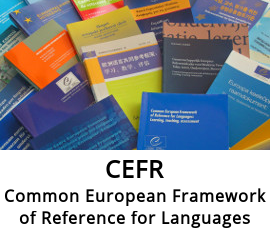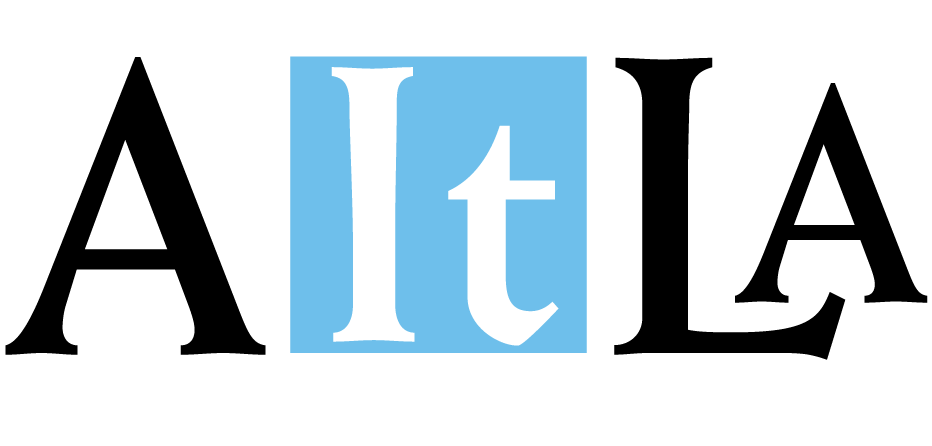Condividiamo di seguito la comunicazione relativa al CEFR companion aggiornato con i nuovi descrittori:

Dear Colleagues,
We are very happy to let you know that at the conclusion of a four year process of development, validation, consultation and piloting in which between 1,500 and 2,000 language professionals were involved, the CEFR Companion volume with New Descriptors is now online on the CEFR website www.coe.int/lang-CEFR - on the right hand side, under Full 2001 text. The French version will be published before the end of the year, with German following next Spring. An ISBN version – also including scales for aspects ofsigning competence will be published in English, French and German later in 2018.
A fuller account of the project to develop the scales for the new areas (mediation etc.) is available here
A report on the development and validation of the new phonology scale is available here
A collation of descriptors suitable for younger learners aged 7-10 and 11-14 respectively is available here
The new descriptor scales cover various aspects of mediating text, mediating concepts, mediating communication, online interaction and plurilingual/pluricultural competence. In addition, the original 2001 scales have been supplemented with new descriptors that improve the description, particularly at A1 and the C-levels.
The Companion Volume complements the Common European Framework of Reference for Languages: Learning, teaching, assessment (CEFR). It represents another important step in a process that has been pursued by the Council of Europe since 1971 and owes much to the contributions of members of the language teaching profession across Europe and beyond. In addition to the new illustrative descriptors, it contains an introduction to the aims and main principles of the CEFR.
As all big endeavours, this Companion volume has required the joint efforts of so many committed people, at every level, from the initial idea through all the hundreds of validation workshops to the consultation and 60 pilot projects, and the resulting redrafting and revision. It required a lot of energy, passion and hard work from all those who participated and contributed. The development builds on various aspects that were introduced but not developed in the original 2001 publication, and reflect the advances of research in the domain of second/foreign language education, in particular they adopt a holistic ecological approach, which is informed by complexity and socio-cultural theories and which aims to promote the intercultural and plurilingual dimensions.
All of us who have been involved in the project hope that the Companion Volume will, in due course, make a contribution to broadening the scope of language education / encourage an inclusive and plurilingual approach to language education.
With very best wishes
Brian North & Enrica Piccardo
